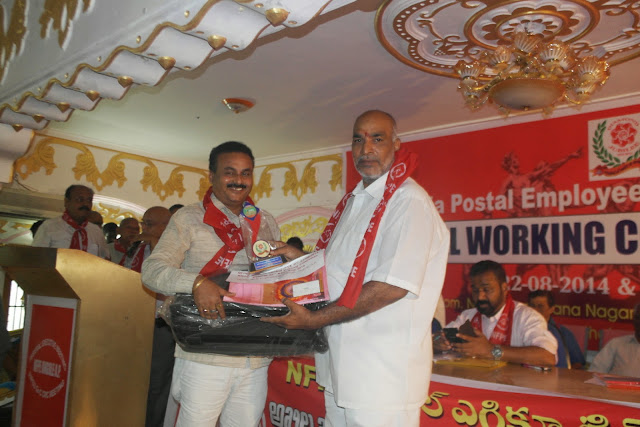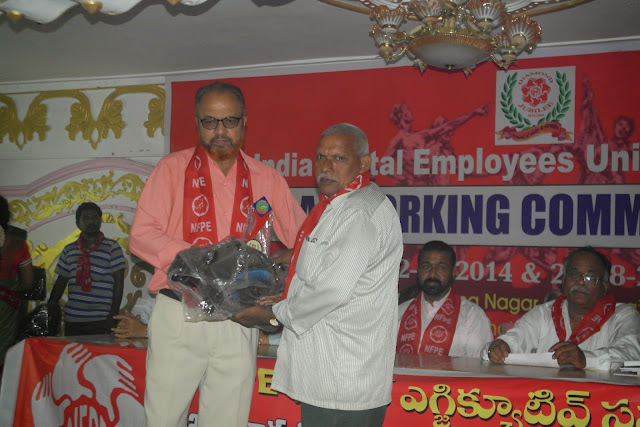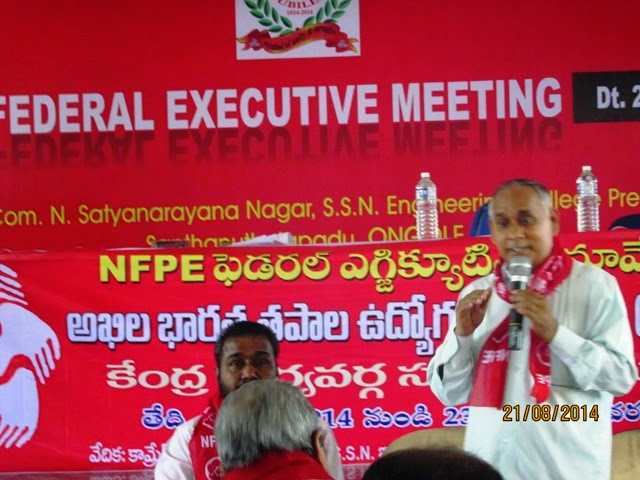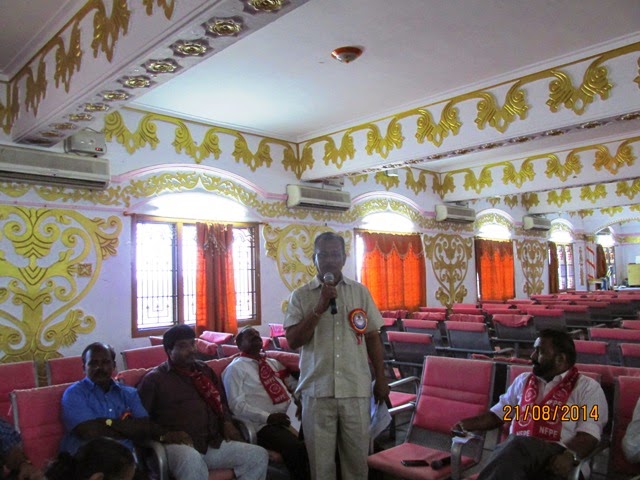Admissibility and Annual Ceiling in Children Education Allowance and Hostel Subsidy – Minister’s Reply
Reimbursement of Children Education Allowance and Hostel Subsidy admissible if Institution where children are studying is affiliated to any board or recognized by the Central or State Government or Union Territory Administration or by University or a recognized educational authority
CEA Annual Ceiling : Rs. 18000/- per child
CEA Annual Ceiling for disabled children : Rs. 36000 per child
Hostel Subsity Annual Ceiling : Rs. 54000/- per child
Hostel Subsidy for disabled children : Rs.9000 per month per child
Gist of Minister’s Reply in the Parliament on Children Education Allowance and Hostel Subsidy
Children Education Allowance for Central Government Employees – Annual Ceiling and Details of Admissible Institutions
While answering to a question in Parliament on 18.7.2014, Finance Minister Shri Arun Jaitley said in a written form regarding the details of Children Education Allowance that it has been informed by the Department of Personnel and Training that the annual ceiling limit for reimbursement of Children Education Allowance (CEA) is 18,000/- per child. The Hostel Subsidy shall be 4,500/- per month per child.
The annual ceiling for reimbursement of CEA for disabled children of Government employees is 36,000/- per annum per child and the rates of Hostel Subsidy for disabled children ofGovernment employees is 9,000/- per child per month.
These revisions are applicable with effect from 1st January, 2014.
The reimbursement is admissible for the children studying in institutions affiliated to any Board or recognised institution, whether in receipt of Government aid or not, recognised by the Central or State Government or Union Territory Administration or by University or a recognised educational authority having jurisdiction over the area where the institution is situated.
Source: PIB
In the words of .....................
Smt. Nandita Mohanty
Chairperson, Women Sub-Committee
AIPEU, Gr-C, Bhubaneswar
With the evolution of society and growth in social needs there is a sharp development in industrialization. It involves use of modern technology and employment of large number of workers. As large number of people are involved, it becomes necessary to safe guard the interest of the workers. They need to be organized to fulfil their demands in respect of salary, welfare and social security. There comes the concept of `Union ’.
So, union is the long-term association of workers to advance and protect the interest of members of the union in the working relationship. According to Flippo “A labor union or a trade union is an organization of workers formed to protect, promote and improve through collective action, the social, economic and political interest of its members.”
Whenever any employee joins a union, he has some expectations in his mind. He may join the union for the following reasons:-
· Economic benefits: When any employee joins an organization the main interest is the salary or wage. As the social status of a person is defined by the economic standard he carries, more emphasis is given to the economic benefits. But any single individual has very little bargaining capacity as compared to the huge power of the management. He thinks, if he joins the union, union will fight for the economic interest of the employee as the union has great bargaining capacity to get its demands accepted by the management. But the union has also its own limitations. It can bargain on the genuine ground according to the prevailing rules. It can demand for the economic up-gradation when the organization is economically sound. For that the employees have to give their hundred percent so that union can demand enhancement of monetary benefits. Because no organization will give any economic benefit unless and until it is economically sound. At that time expectation of economic advancement is baseless.
· Platform for self-expression: At the primitive days of industrialization, lives of the workers were like slaves without any voice against the tyranny of the management. They used to live at the mercy of the management. They couldn’t raise their voice against un-hygienic working conditions, hard work, low wage, long and inconvenient hours of working etc. Self-expression and individuality were totally prohibited. But the desire for self-expression is a fundamental drive which can’t be ignored. By joining the union the employees get a platform for self-expression. The union provides the mechanism through which employees can make their voice heard by the top management. Union serves as the communicating device between the employees and the management. Sometimes due to low perspective and narrow-mindedness, some can’t understand the long-term views taken by the organization in the context of overall growth of the organization and employees. Anything which does not result in immediate reward becomes unattractive to them. This attitude results in the difference in views and conflict in union. One thing we should keep in mind that union is by the employees, for the employees and of the employees. So to be in union, one should go beyond oneself.
· Check-bar on arbitrary action of the management: The employees join the union to fight against the arbitrary action of the management. It works like a brake to the monopoly of the management. Employees expect a just and fare dealing from the management on the basis of the prevailing rules and regulations. Union serves a checkmate when management goes beyond the prevailing rules and take action against the employees which is irrational, unlawful or discriminatory. Thus union safe- guards the interest of the employees.
· Security : The employees join union because they think that at the time of need the union will stand by them. They can get the protection from hazards and economic insecurities at the time of illness, accidents, unemployment etc. For example, trade union ensures compensation to the injured workers under the Workman’s Compensation Act 1923, secures the retirement benefits under Gratuity Act 1972 and PF Act 1952, employees’ health, social security, payment of wage, bonus, insurance, maternity benefit etc. and other welfare measures by compelling the management to abide by these. With the union, employees feel safe and secure both mentally and physically.
· Employee-employer relationship: The employee may not have easy access to the top management. But union is the proper machinery which maintains a sound communication between the employer and the employee. Employees feel attached to the organization by this. If the relation between the employer and employees is good then industrial disputes, conflicts, strikes and lock-outs can be avoided.
· Sense of participation: Sense of participation is also a fundamental desire among the employees. They expect that their voice should be heard in making decisions in the organization. This is known as the Workman’s Participation. Being in the union, they can make their voice heard by the management in matters affecting them and can also influence to take a correct decision.
· Sense of belongingness: When any employee joins an organization the sense of belongingness is developed inside him. He tries to feel that he is the integral part of the organization. For that he may join the union. Because his co-workers are with the union. He may have the feeling that if he will not join the union he will be odd man out and can’t get any assistance at the time of need. On the contrary, when he is in the union he feels that he is attached with the organization and experiences a feel-good factor. He begins to think that he has some importance in the organization and among the co-workers.
· Background factor: Some who are born and brought up in the industrial area or in the organizational background where the society members and members of the family are attached with the union, join the union as a nature of practice. Here the past history works. As a result, they think it obvious and natural enough to join the union.
Though it is the mere truth that union is for the safe-guard of the employees, we can’t use it as the weapon against the management. If management strives for the long term benefit of the organization which may sound unreal on the today’s back ground, then union also has to think in that angle for the mutual benefit. We should aspire for the long term benefits because our next generation may get the fruit out of it. We have to make the union strong for the bright future.


















































































